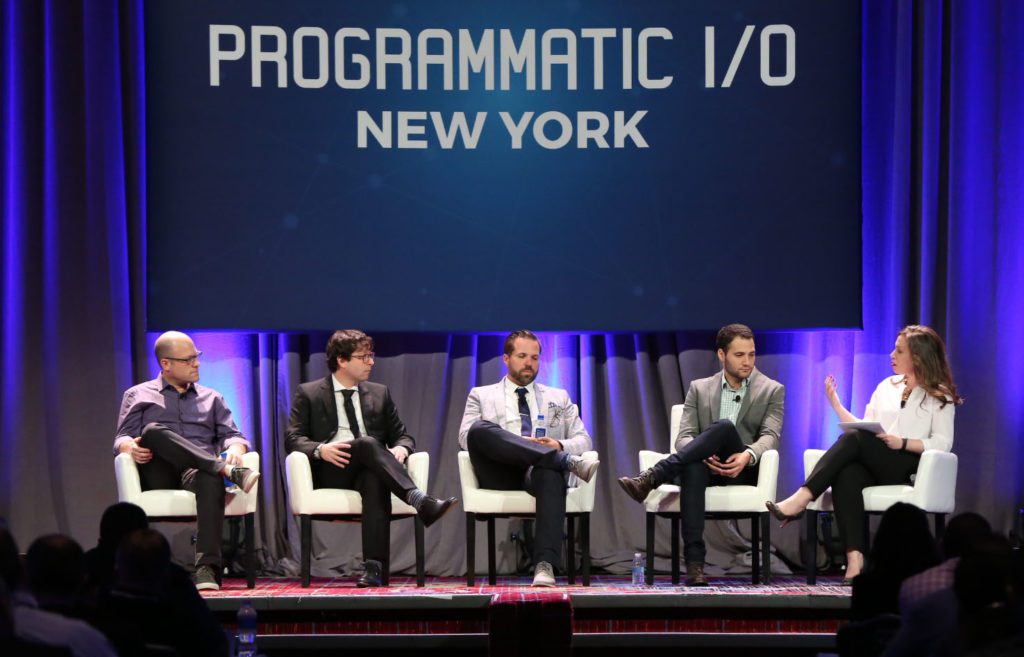Advertisers, agencies and publishers agree that the bar for better data quality has never been higher.
Yet the quality of many third-party data sets is questionable, and advertisers don’t always know what they’re getting when they purchase it.
Here’s how Anheuser-Busch InBev, Publicis agency Spark Foundry and the publisher Condé Nast are all vetting data quality.
Anheuser-Busch
Access to quality data can be a big challenge for consumer packaged-goods marketers, who don’t own first-party data and therefore rely on third-party data sets – and that’s a handicap when assessing business results like sales lift and brand health.
“For a CPG marketer, it’s hard to measure brand impact or sales because [that data] is expensive, it’s slow [to access] and you can only test a certain number of segments at a time,” said Jonny Silberman, director of digital strategy and innovation for Anheuser-Busch InBev, speaking Thursday at Programmatic.io in New York. “We do a lot of work up front to understand the quality of data.”
AB InBev also looks to second-party data marketplaces, which the brand views as creating a better value exchange since a publisher’s data sets are “closer” to the consumer.
Anheuser-Busch also demands transparency from its supply chain partners and requests details about how their data was collected or modeled. For instance, the brewer asks its partners for to list all mobile app integrations so it can thoroughly ensure privacy and compliance.
“We spend a lot of time up front validating our data partners before we go into testing,” Silberman said.
Spark Foundry
Two-year-old Spark Foundry is a media agency within Publicis with consultative capabilities. It helps advise clients about their data strategies and how to effectively activate segments.
Part of that process involves evaluating things like contextual data to determine if an environment matches an advertisers’ campaign needs or figuring out an action plan if the advertiser has a sizable base of CRM data, said Oleg Korenfeld, EVP of ad tech and platforms at Spark Foundry.
Spark Foundry also assess the accuracy of psychographic and demographic data and whether certain signals justify segmenting people in a certain way.
Condé Nast
Publisher Condé Nast maintains data quality and accuracy for advertisers by running a tight ship.
As a publisher with more than 60 million subscribers across 22 owned-and-operated brands, capturing email addresses in a single database is key because a consumer may subscribe to more than one publication.
“The best way we’ve tackled this is managing people, process and technology to ensure good hygiene is going on,” said Evan Adlman, head of programmatic for Condé Nast. “We also have teams that focus on the way we score content consumption, so the way we segment is accurate.”
Condé also uses a homegrown data management platform to help the advertiser plan and target more accurately across its portfolio of properties.
The two use cases for its DMP include understanding how consumers are behaving to create audiences based off of that consumption, as well as to inform how Condé Nast designs future content and user experiences.













